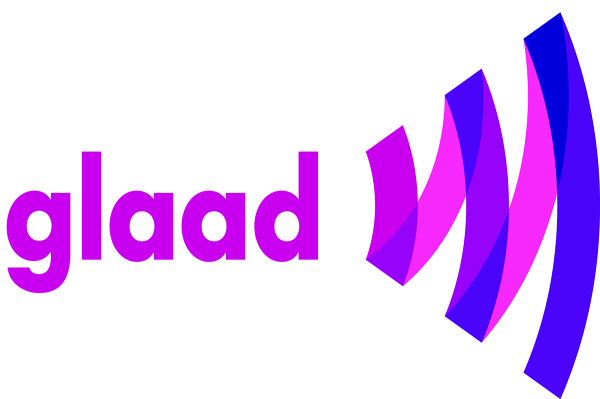
The Gay and Lesbian Alliance Against Defamation (GLAAD) has been keeping tabs on LGBT representation on television networks for nearly twenty years. They release an annual Network Responsibility Index and “Where We Are on TV” report to improve quality and frequency of diversity on television. Over the past decade, television networks have improved significantly in this area, and last year’s programming featured a record-high percentage of LGBT characters.
Such a shift was not reflected in the film industry, unfortunately, and it won’t go unnoticed. For the first time in 2013, GLAAD adapted their methods to create an analogous report about LGBT representation on the silver screen, entitled the Studio Responsibility Index (SRI). The report was generated from all 2012 films produced by the “Big Six” studios which were responsible for 101 movies total, more than 75% of all movies released last year.
Results
The SRI begins with a count of how many movies contained characters identified as LGBT, regardless of whether the characters were in substantial roles or inconsequential to the plot. Of the 101 films released by the six studios, 14 had at least one character identified as gay, lesbian, or bisexual. There were zero characters identified as transgender, a problem GLAAD emphasized in their recommendations to the film industry. The analysis also categorized films by genre, revealing that there were no LGBT characters in any film considered to be “family-oriented.”
The Vito Russo Test
The simple inclusion of a gay, lesbian, bisexual or transgender character in a movie isn’t enough to be considered “responsible.” We’ve all seen movies in which LGBT characters and themes are included for laughs, and we’ve heard the words “fag” and “homo” too frequently uttered in crude comedies and other genres alike. GLAAD took their methods of measurement a step further, inspired by the Bechdel Test, and created some criteria for quality of representation of LGBT characters in movies. They called it the Vito Russo Test, after a film historian and co-founder of GLAAD. To pass the Russo Test, a film must follow these guidelines: 1) Contain a character that is identifiable as lesbian, gay, bisexual or transgender, 2) The LGBT character is not solely defined by their LGBT identity, and 3) The character is important to the plot of the movie in such a way that their absence would have a significant impact. Of the 14 movies of 2012 that contained an LGBT character, only six passed the Russo Test.
Reflect our world
Also included in the detailed report published by GLAAD were recommendations for the film industry, which included more substantial roles for LGBT characters, and not surprisingly, an increase in presence of the transgender population. The statement also included a call for an increased frequency of more casual appearances of LGBT people. GLAAD isn’t asking for every movie produced to include a compelling, important, and heroic character who clearly identifies as LGBT. That would strike many as unrealistic and too intentional. What they are suggesting, however, is that films could better represent our population by including LGBT people simply existing in the characters’ world, such as two women having a romantic dinner in a restaurant scene, two men dancing together at a wedding reception scene, or an androgynous woman or trans man shopping for men’s clothes in a mall scene. The key here would be that the other characters are accepting of this and don’t appear to see anything out of the ordinary. The GLAAD SRI reminds us “In places where LGBT people must still argue for their right to exist, a popular film displaying even casual acceptance of an LGBT character can help foster understanding and shift public opinion.”
Support
IntraSpectrum Counseling is Chicago’s leading psychotherapy practice dedicated to the LGBTQ+ community, and we strive to provide the highest quality mental health care for multicultural, kink, polyamorous, and intersectional issues. For anyone needing affirming and validating support in their healing, please click here or email us at help@intraspectrum-chicago.com.
__________________________________
References:
http://www.glaad.org/files/GLAAD_2013_SRI.pdf
http://www.feministfrequency.com/2009/12/the-bechdel-test-for-women-in-movies/
Erica Garceau, M.S., LMFT is formerly Outreach Coordinator and therapist at IntraSpectrum Counseling.




 Today, July 26th, is National Disability Independence Day. This annual commemoration marks the day in 1990 when the Americans with Disabilities Act (ADA) was signed into law. The ADA enshrined several crucial civil rights protections for individuals with disabilities, but it still falls short of its intended goals after over 30 years on the books.
Today, July 26th, is National Disability Independence Day. This annual commemoration marks the day in 1990 when the Americans with Disabilities Act (ADA) was signed into law. The ADA enshrined several crucial civil rights protections for individuals with disabilities, but it still falls short of its intended goals after over 30 years on the books.